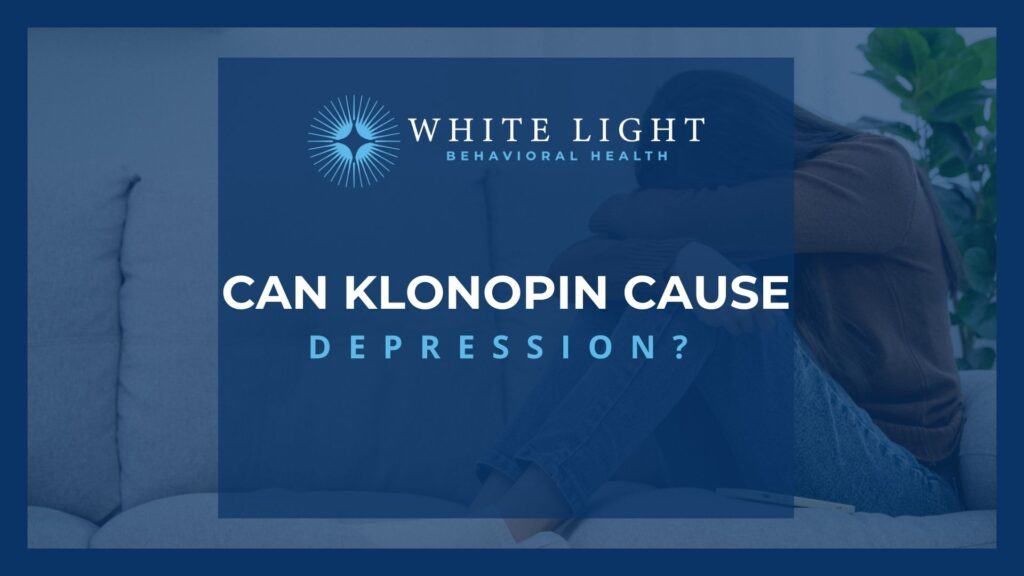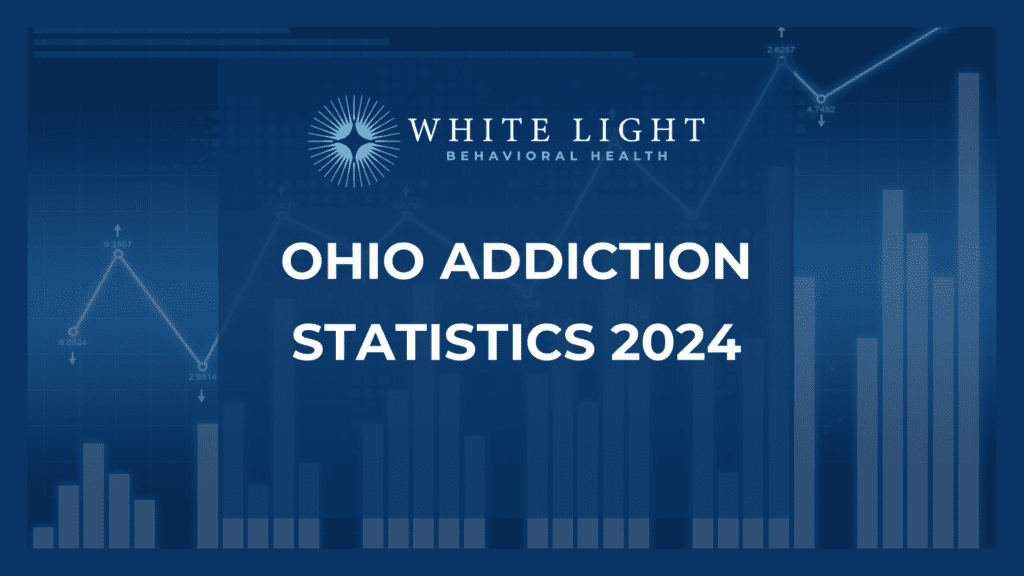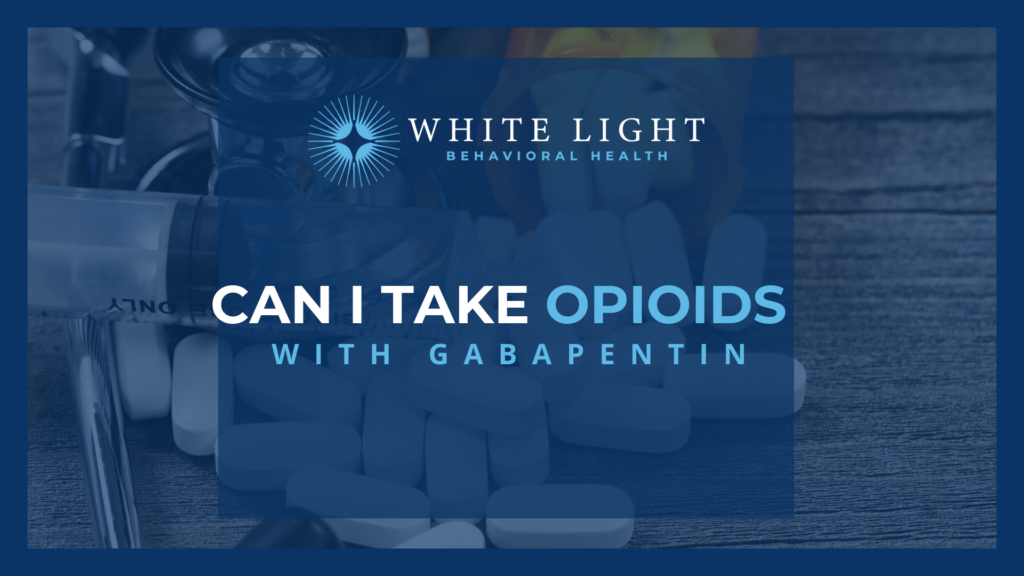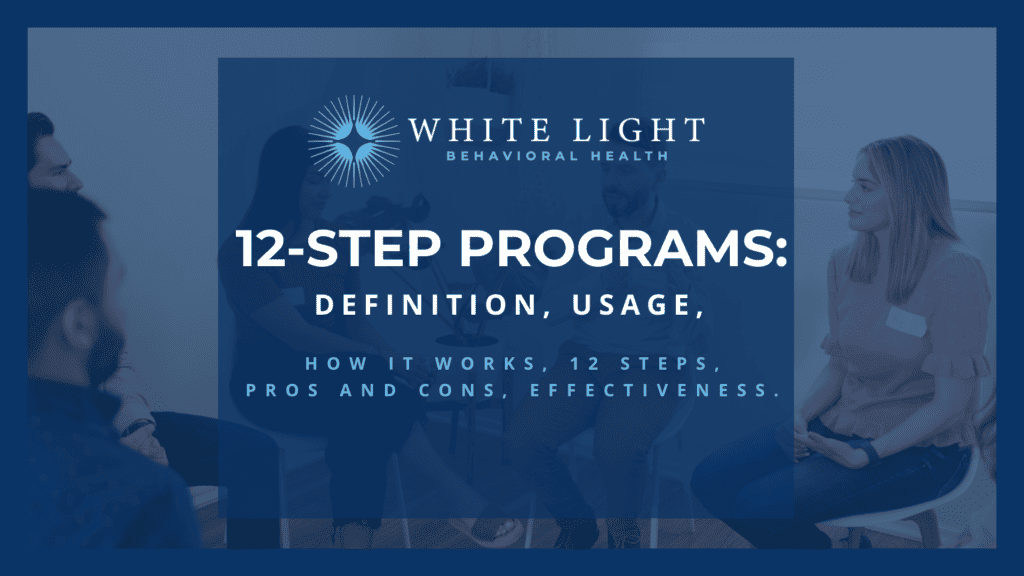The interplay between medications and mental health can be intricate and multifaceted. One medication that has raised questions about its potential impact on mental well-being is Klonopin. Klonopin, generically known as clonazepam, belongs to the benzodiazepine family and is primarily prescribed for anxiety disorders and certain seizure conditions. However, concerns have emerged regarding the potential connection between Klonopin and depression.
What Is Klonopin?
Klonopin is a potent medication belonging to the benzodiazepine class. This class of drugs is recognized for their profound effects on the central nervous system, primarily acting as sedatives and anxiolytics. Klonopin is commonly prescribed to manage various medical conditions, including anxiety disorders and certain seizures.
At its core, Klonopin interacts with the neurotransmitter gamma-aminobutyric acid (GABA) in the brain. By augmenting GABA’s inhibitory activity, the medication induces a calming effect, reducing anxiety levels and enhancing relaxation. This mechanism is especially beneficial for individuals with panic disorders and social and generalized anxiety disorders. Moreover, Klonopin is an antiepileptic agent because it can mitigate seizures by regulating brain excitability.
While Klonopin’s efficacy in managing these conditions is evident, its usage demands vigilance. The potential for tolerance, dependence, and side effects necessitates cautious administration under medical supervision.
Can Klonopin Cause Depression?
The reality is that depression emerges as one of the potential side effects of Klonopin according to the 2017 Genentech, Inc study submitted to the FDA. However, not everyone experiences this adverse outcome. While most remain unaffected, those diagnosed with depression who are taking Klonopin might find their depressive symptoms exacerbated.
Furthermore, depression can surface during Klonopin withdrawal, further intertwining the relationship. In essence, the link between Klonopin and depression exists, bearing significance for both clients and medical professionals navigating the delicate balance between treatment and potential side effects.
Klonopin Dependence Versus Addiction
Klonopin, a sedative renowned for modulating electrical brain activity, is a valuable tool for treating epilepsy and anxiety disorders. While its therapeutic potential offers hope to those grappling with these conditions, the distinction between Klonopin dependence and addiction unveils a complex narrative.
Physical Dependence
A process of adaptation begins with the integration of Klonopin into the body, leading eventually to the establishment of physical dependence. The intricate interplay between the medication and the body’s physiological response paves the way for reliance on its presence.
As the body becomes accustomed to the presence of Klonopin, a delicate equilibrium forms. This equilibrium can be disrupted by the abrupt cessation of the medication, resulting in withdrawal symptoms that vary in intensity and manifestation.
In recognition of the potential challenges withdrawal poses, healthcare professionals adopt a strategic approach known as dosage “tapering.” This involves gradually reducing the dosage of Klonopin over a controlled period. This measured reduction aims to mitigate the impact of withdrawal symptoms, preventing their onset from overwhelming the individual.
Addiction: The Intersection of Physical and Psychological Reliance
Addiction encompasses a compulsive inclination to continue drug use despite its evident harm to an individual’s well-being. This consumption persists even when faced with glaringly detrimental consequences, underscoring the profound psychological hold of addiction. While physical dependence sets the stage, addiction takes center stage as individuals grapple with the overpowering psychological desire for the drug.
Routes to Abuse and Addiction
While addiction, also known as substance use disorder (SUD), involves the harmful use of substances despite adverse effects, depression plunges individuals into a realm of emotional and cognitive challenges. The coexistence of these conditions can intensify the complexities of recovery.
Tolerance, an inherent biological response, can develop over time, compelling individuals to seek higher dosages to attain desired effects. In this pursuit, some individuals resort to “doctor shopping,” a practice involving the acquisition of multiple prescriptions to maintain escalated dosages.
Physical Symptoms of Klonopin Abuse
- Drowsiness
- Dizziness
- Confusion
- Slowed reaction time
- Impaired judgment
- Problems with coordination
Behavioral Signs of Klonopin Abuse
- Preoccupation with drug use
- Seeking Klonopin from multiple sources
- Taking higher doses than prescribed
- Neglecting responsibilities and interests
- Continued use despite negative consequences
Psychological Symptoms of Klonopin Abuse
- Dependence on Klonopin to calm down or sleep
- Mixing Klonopin with other substances
- Impaired memory function
- Paradoxical reactions causing increased irritability and anxiety
Where Is Klonopin on the Drug Schedule
The placement of Klonopin on the drug schedule underscores the regulatory concern surrounding its potential for misuse. Classified as a Schedule IV controlled substance, Klonopin’s positioning highlights its capacity for dependence and abuse.
This regulatory categorization serves as a reminder of the need for responsible usage and vigilant prevention measures. Acknowledging the potential risks associated with Klonopin, individuals are prompted to approach its usage with heightened awareness and a commitment to self-care.
Preventing Addiction
As individuals navigate the realm of Klonopin usage, the path toward preventing addiction emerges as a journey guided by vigilance and self-care. Fostering awareness, adhering to prescribed regimens, and seeking consistent medical assessment stand as pivotal steps in safeguarding against addiction.
Self-Monitoring
Keen observation of changes in symptoms serves as a cornerstone of addiction prevention. Those prescribed Klonopin are entrusted with a role as vigilant observers of their well-being. Individuals can swiftly detect any shifts or anomalies by maintaining a proactive stance and consistently monitoring their responses to the medication.
Through self-monitoring, subtle changes that might indicate a potential drift toward addiction can be identified early on. Heightened anxiety, mood swings, or an inclination toward higher dosages can serve as warning signals that prompt individuals to seek timely intervention.
Adherence to the Prescribed Regimen
A crucial pillar in preventing addiction is adherence to the prescribed regimen. Straying from the dosage, frequency, or duration outlined by medical professionals can inadvertently pave the way for escalated doses and the emergence of adverse effects.
Upholding the stability of the prescribed regimen is akin to maintaining a delicate balance within the body. By following the guidelines set by healthcare providers, individuals mitigate the risk of tolerance, dependence, and the allure of seeking higher dosages beyond medical necessity.
Regular Medical Assessment
Consistent engagement with medical professionals is a compass that navigates the journey of Klonopin usage. Regular check-ins with healthcare providers facilitate a comprehensive assessment of the medication’s efficacy and the individual’s overall health.
These assessments go beyond mere oversight; they encapsulate a holistic approach to care. Medical professionals evaluate not only the physical aspects but also the emotional well-being of individuals. These interactions provide a platform for open dialogue, enabling individuals to voice concerns, ask questions, and receive guidance.
Dual Diagnosis Treatment
In the complex landscape of mental health and substance use disorders, dual-diagnosis treatment emerges as a beacon of hope and comprehensive care. Recognizing the intricate interplay between conditions like Klonopin dependence and underlying mental health issues, dual diagnosis treatment offers a holistic approach that addresses multifaceted needs and paves the way for lasting recovery.
The Essential Elements of Dual Diagnosis Treatment
Dual diagnosis treatment is tailored to address the unique needs of individuals grappling with substance use and mental health disorders. This comprehensive approach involves several essential elements:
- Simultaneous treatment
- An integrated approach
- Personalized interventions
- Medication management
- Psychotherapy
- Supportive environment
- Relapse prevention
Learn to Recognize and Avoid Relapse Triggers
In the intricacy of recovery, recognizing and navigating relapse triggers emerges as a powerful tool for safeguarding progress.
Identifying Relapse Triggers
Relapse triggers are subtle yet potent forces that can steer individuals back into patterns of substance misuse. These triggers can vary widely, encompassing situations, emotions, or even specific people. Common types of relapse triggers include:
- Stressful situations
- Emotional distress
- Social pressure
- Isolation
- Environmental cues
Cultivating Awareness and Mindfulness
The journey of recognizing and avoiding relapse triggers begins with self-awareness. By honing the ability to observe internal thoughts, emotions, and external surroundings, individuals can spot potential triggers as they arise. Mindfulness practices, such as meditation and deep breathing, empower individuals to remain present and attuned to their inner experiences. This heightened awareness is a protective shield, allowing individuals to identify triggers and navigate their influence with conscious intention preemptively.
Developing Effective Coping Strategies
Once relapse triggers are recognized, the next step involves crafting effective coping strategies. These strategies provide healthier alternatives to the allure of substance misuse. Some techniques that can be particularly valuable include:
- Positive self-talk
- Healthy distractions
- Supportive network
- Professional help
- Emergency plans
Klonopin Addiction Intervention
Understanding the distinction between physical dependence and addiction is essential for comprehensive care. Recognizing the signs of physical and behavioral abuse aids in early intervention. Psychological implications further emphasize the multifaceted nature of Klonopin’s impact.
Long-term abuse exposes individuals to consequences from escalating doses to the risk of addiction and exacerbation of initial symptoms. Vigilance in prevention involves self-monitoring and adherence to prescribed regimens. This intricate understanding fosters an environment of informed care, ensuring that individuals grappling with Klonopin dependence and addiction receive the support they need for recovery and mental well-being.
Your Path to Comprehensive Healing
Addressing the complexities of clonazepam dependence and addiction and finding the right path to recovery is paramount. White Light Behavioral Health understands the balance between mental health and substance misuse, offering a comprehensive solution for those seeking effective treatment.
Understanding Co-Occurring Disorders
Co-occurring disorders refer to the simultaneous presence of a substance use disorder and a mental health disorder within an individual. This intertwined nature can intensify the challenges that individuals face and may lead to a cycle of worsening symptoms if left untreated.
The Role of White Light Behavioral Health in Treatment
White Light Behavioral Health stands at the forefront of offering tailored solutions for individuals grappling with co-occurring disorders. Recognizing that mental health and substance misuse are often deeply entwined, our approach is grounded in comprehensive care that addresses the multifaceted needs of each individual.
Holistic Healing
This holistic model recognizes that addressing one aspect without considering the other can lead to incomplete healing. By tailoring interventions to each individual’s unique circumstances, White Light Behavioral Health empowers individuals to achieve sustainable recovery.
Personalized Interventions
This informs the development of a treatment plan that addresses both the mental health and substance misuse aspects, setting the stage for transformative healing.
A Supportive Environment
White Light Behavioral Health creates a supportive and nurturing environment where individuals can connect with peers who understand their struggles. Group therapy and support groups foster a sense of community and accountability, aiding in the healing process.
Whether it’s about preventing addiction, navigating relapse triggers, or embarking on a journey of dual diagnosis treatment, White Light Behavioral Health’s expertise ensures a path toward well-being. If you or a loved one is seeking refuge from clonazepam addiction and related mental health concerns, White Light Behavioral Health is here to offer compassionate care, empowering individuals to reclaim their lives and thrive.
Where to get treatment for Klonopin Dependence?
klonopin and clonazepam require medical detox to help with dangerous withdrawal symptoms. Medical detoxification facilities exist around the country and can be found on the SAMSHA website. White Light Behavioral Health also offers Klonopin Detox in Columbus, Ohio.

Share This Post



